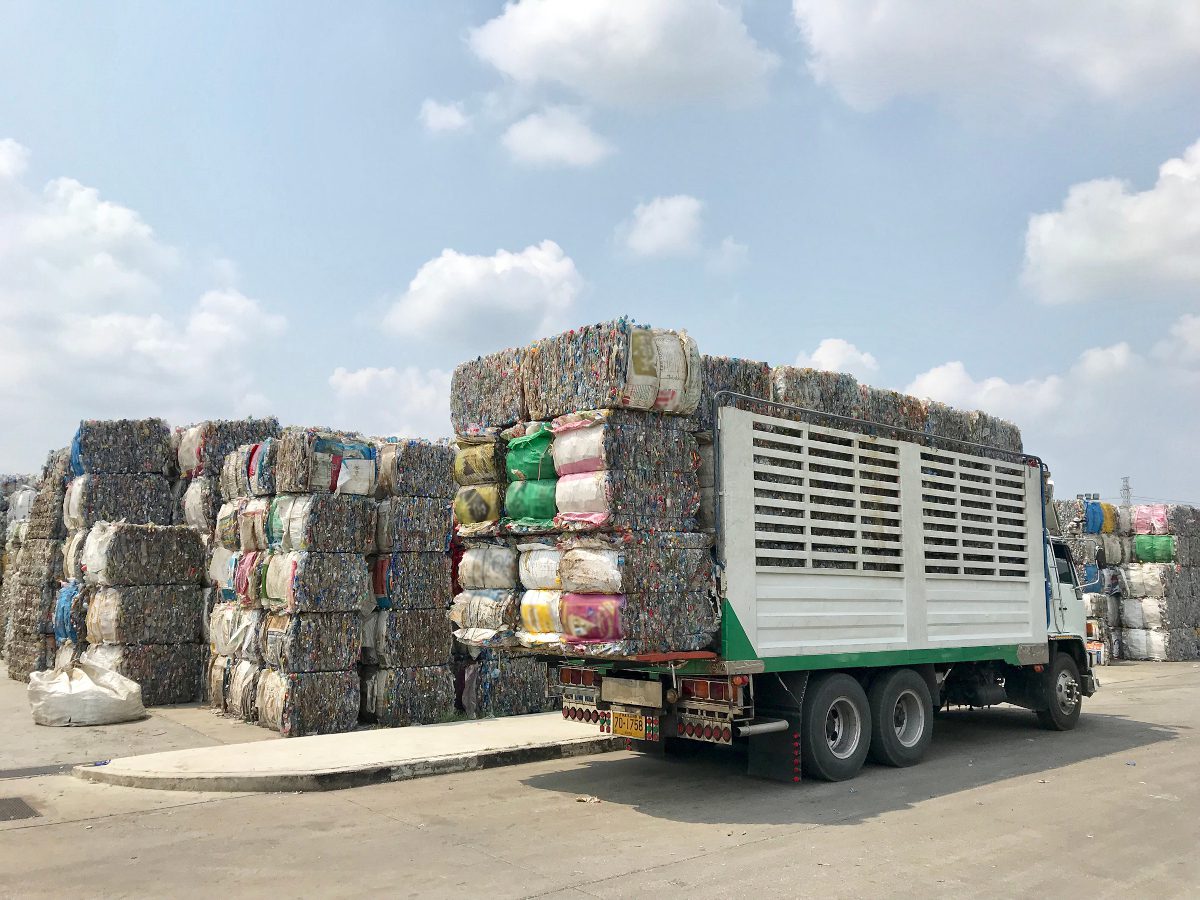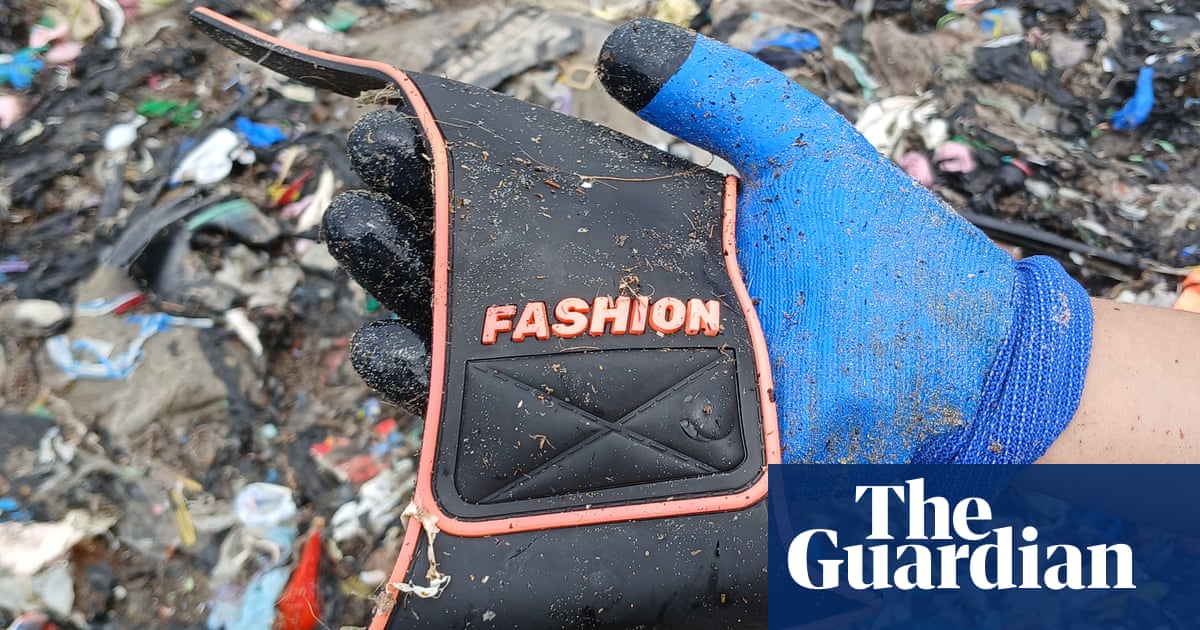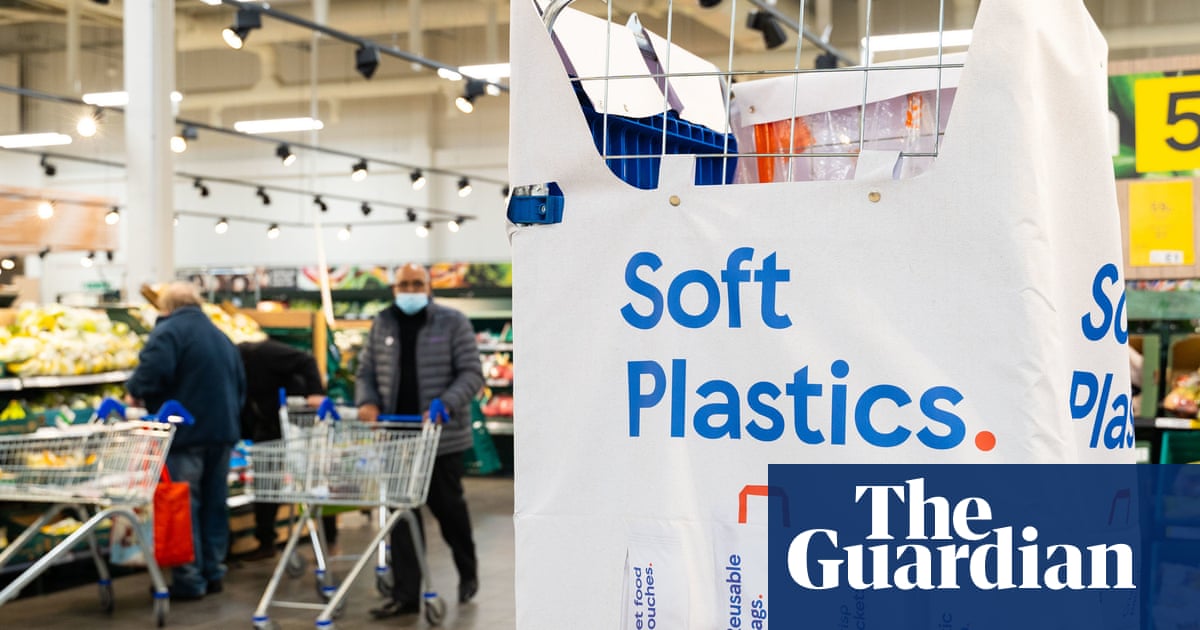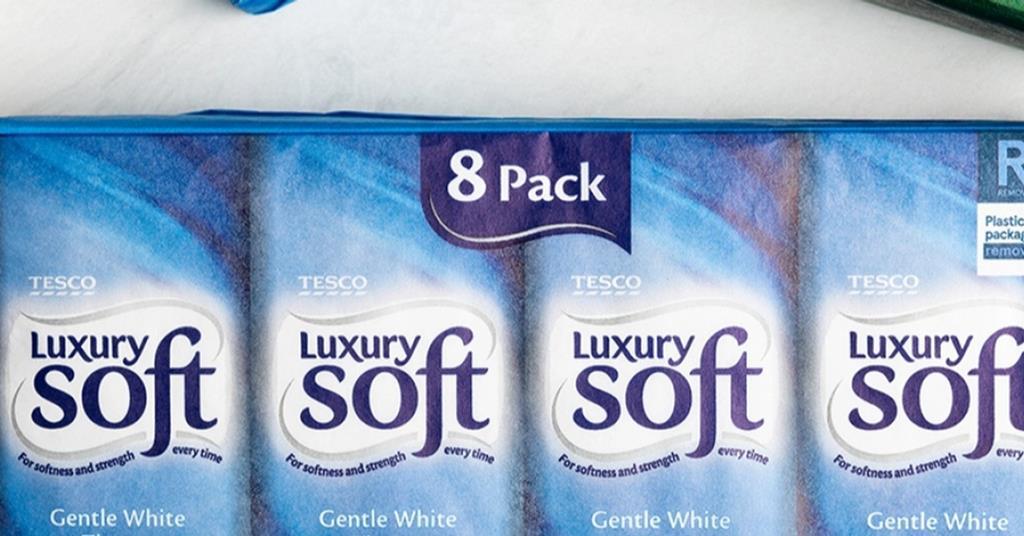Most of us have got used to the recycling bins which are now prevalent in most areas in the UK - even though the details and colours of the bins, bags etc. may vary from region to region.
In the last few years there has been an emergence of bags - such as plastic bags, crisp packets etc, film with markings such as "Don't recycle at home", or "Recycle at large supermarkets".
Last year I got rid of a very large amount of polythene sheet, which had been used to wrap and transport loft insulation - as the local Recycling Centre has no way of dealing with it, but I did take it to the supermarket.
I have also been off loading various other packaging, though mostly mixed and much smaller in quantity than the polythene, at the local supermarket.
My question is - or at least one of them is - "are all these materials actually recycled?" This could just be green washing, to make us all feel good, or there could be some real recycling, but it might be difficult to do.
One option - though probably not the best - is to simply burn the material in a controlled way [to ensure there are no toxic products escaping] and use the heat, but that's not ideal.
Other ways would be to reform the different materials, maybe into new plastics, but that might be very hard to do, as there may be a lot of variety in the different bags and films which are put in the bins in the supermarkets.
So - does anyone know what actually happens?
In the last few years there has been an emergence of bags - such as plastic bags, crisp packets etc, film with markings such as "Don't recycle at home", or "Recycle at large supermarkets".
Last year I got rid of a very large amount of polythene sheet, which had been used to wrap and transport loft insulation - as the local Recycling Centre has no way of dealing with it, but I did take it to the supermarket.
I have also been off loading various other packaging, though mostly mixed and much smaller in quantity than the polythene, at the local supermarket.
My question is - or at least one of them is - "are all these materials actually recycled?" This could just be green washing, to make us all feel good, or there could be some real recycling, but it might be difficult to do.
One option - though probably not the best - is to simply burn the material in a controlled way [to ensure there are no toxic products escaping] and use the heat, but that's not ideal.
Other ways would be to reform the different materials, maybe into new plastics, but that might be very hard to do, as there may be a lot of variety in the different bags and films which are put in the bins in the supermarkets.
So - does anyone know what actually happens?








Comment